Greens say no return to “normal” after the crisis – UK Green news round up issue 57
Greens say no return to “normal”
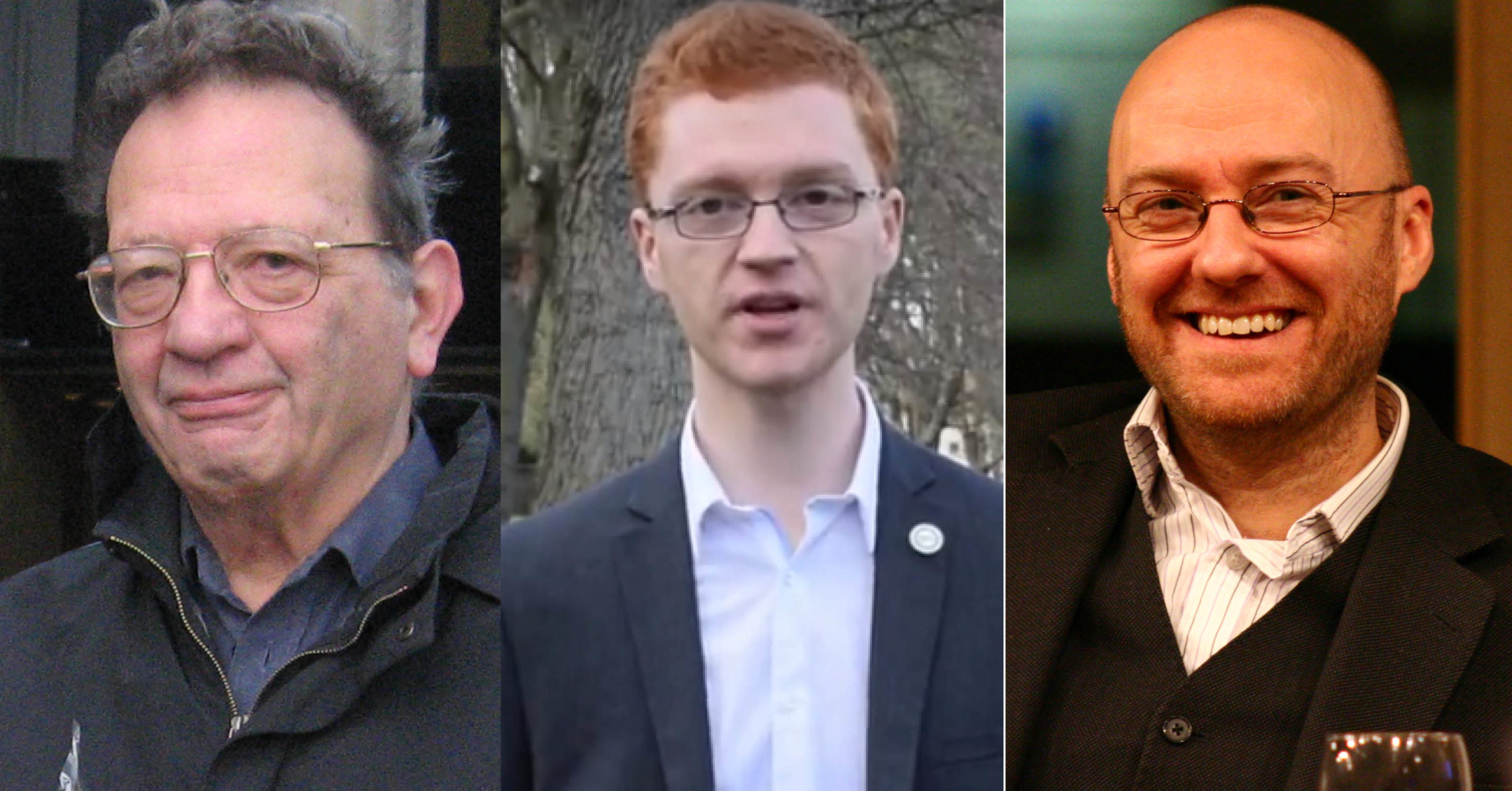
As another week of lockdown continued, people have begun discussing what comes afterwards. And a series of Greens this week lined up to say that there can be no going back to the “normal” that preceded the crisis. They criticised the way our economy is currently structured and its effects on both people and the environment.
Green Party of England and Wales health spokesperson Larry Sanders argued in Green World that inequality in society must become a thing of the past. He wrote:
For over 40 years, income and wealth have been shifted from the majority to the very rich. This has been underpinned by an ideology that says that governments are the problem, not the solution, that there isn’t enough money, that people are poorly paid because they are not worth much. We now see that those ‘unskilled’ workers are the cornerstone of our society, who are making terrible sacrifices for us.
He continued:
We must not go back. Do we have the determination to go forward?
These sentiments were echoed by Green MSP Ross Greer. Writing for the Helensburgh Advertiser, Greer argued for the introduction of a universal basic income, not just as a response to coronavirus, but as a cornerstone of the welfare state. Greer wrote:
Greens have long called for a universal basic income (UBI), where every person is given a standard monthly payment of enough to live on.
Outside of a pandemic it has big advantages, but right now UBI is essential to ensure thousands of people aren’t in crisis. Spain’s government is delivering a UBI as soon as possible, which they’ll maintain after this crisis is over.
He continued:
In better times it will eliminate the huge cost and administrative waste in our social security system, reducing inequality between rich and poor, freeing people to do productive things with their life.
There is no ‘back to normal’ after Covid-19. We need to build new systems to meet new challenges.
And co-leader of the Scottish Green Party Patrick Harvie argued that “‘business as usual’ wasn’t working for most people” prior to the crisis. He criticised our current economy’s impact on both people and the planet. He said:
This crisis has led to a recognition that ‘business as usual’ wasn’t working for most people. It was causing poverty and inequality, didn’t provide an adequate safety net for people in insecure jobs and homes, and damaged our environment.
Economic recovery must surely mean that we finally stop undervaluing the people whose work we all depend on, and that business support goes to the low carbon sustainable industries we all need in the future, not to businesses destroying our planet, paying poverty wages or hiding their money in tax havens.
Jonathan Bartley calls for Green New Deal to fuel post-coronavirus economic recovery
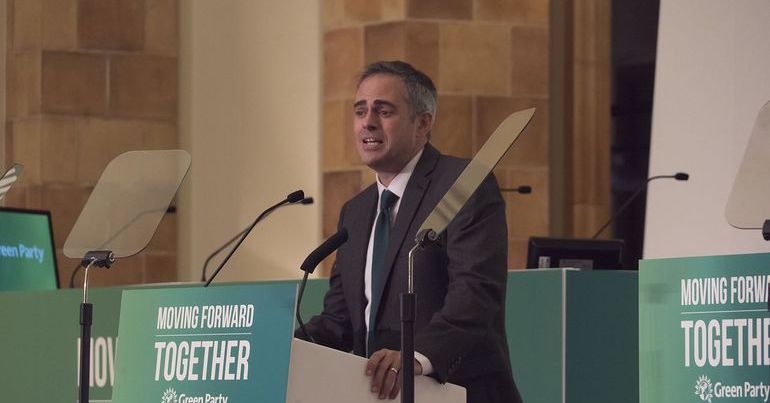
Greens haven’t just been making the case for what shouldn’t happen after the coronavirus crisis abates. They’ve also been describing the kind of response that’s needed to reboot the economy after lockdown.
Green Party of England and Wales co-leader Jonathan Bartley this week called for the introduction of a Green New Deal. He argued that a Green New Deal would lead to a “sustainable, secure economy”. He said:
The impact of coronavirus has laid bare the inequalities that exist in our society and our lack of resilience. The recovery has to spell an end to these once and for all, not make them worse.
We can direct emergency economic support so that it powers a move to a sustainable, secure economy and make sure, once we come out of this emergency period, we will have an economy and a society that is more able to withstand future shocks and tackle the climate crisis.
A green recovery is the only way to deal with the huge economic challenges while tackling the climate crisis, creating security and leaving behind the inequality that has damaged our society for so long.
Bartley’s call came as the Greens set out a vision for investment in the economy. This included using quantitative easing and borrowing, which would be used to invest in housing and energy efficiency, as well as a roll out of renewable energy across the country. The party claimed that this would generate “hundreds of thousands” of low carbon jobs.
No bailouts for tax dodging “parasites” says Natalie Bennett
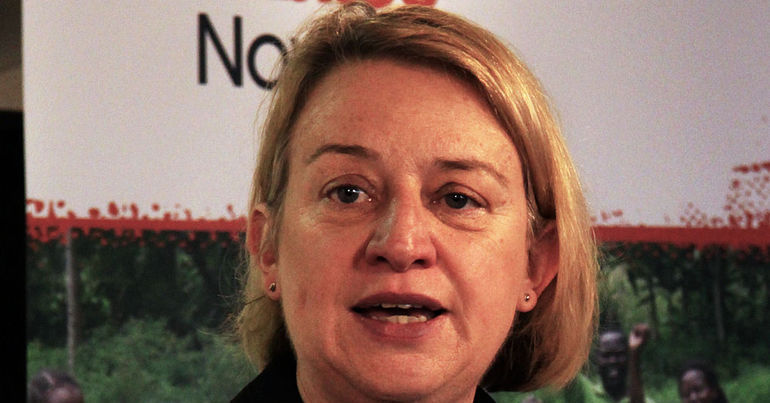
Green peer Natalie Bennett this week branded companies that avoid tax as “parasites” as she argued they should not receive coronavirus linked bailouts. Writing for Left Foot Forward, Bennett wrote:
The Danes have answered very firmly in the negative the question: if you are a parasite that has been taking profits out and not paying your way in the good times, then should you be entitled to help now?
The firms based in tax havens, with complex “tax-efficient”, structures – ranging from water suppliers and nursing home chains to coffee shops and finance firms — are companies relying for their profits on infrastructure that we all pay for, on the labour of their workers, on customers dependent on hospitals, schools and policing.
Amazon, which I often describe as the Great Parasite, is the obvious case study here: on the road outside your house today there was almost certainly a van carrying parcels for Amazon and you contributed to the cost of that road. Amazon did not.
She continued, arguing that companies that have avoided tax have led to us being more vulnerable to the coronavirus crisis:
Every part of society, every company, has to contribute to that more resilient future. As I’ve written elsewhere, it was the tax-dodgers, the low-paying companies relying on zero-hours contracts, that created a society that was lacking in resilience, that actively opened the door to coronavirus, and left us open to other threats.
Bennett’s intervention came after a series of high profile companies and individuals have requested government bailouts. This includes Richard Branson, who asked for a £500 million bailout for his airline Virgin Atlantic.
Sian Berry urges for more action on homelessness
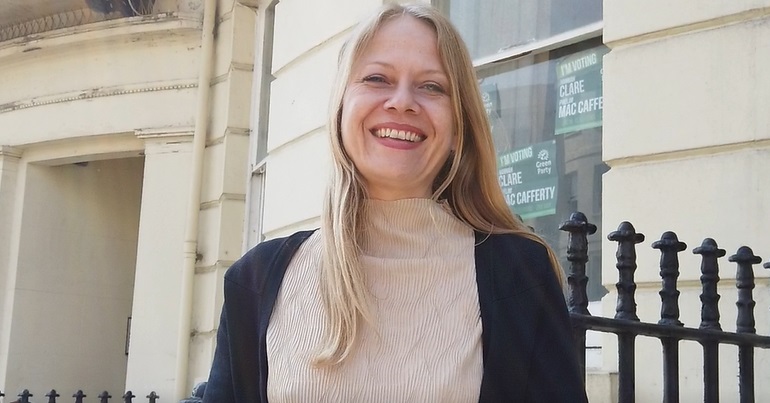
It’s no secret that the coronavirus crisis has plunged many into precarity. And it’s no secret that support from the government has been woefully inadequate.
This week, Green Party of England and Wales co-leader Sian Berry highlighted this inadequacy with regards to housing and homelessness. Berry called for greater protections for people in rented housing to stave off a spike in homelessness this summer.
According to the Camden New Journal, Berry said:
Neither the government’s current plans nor the Mayor’s proposals would create the security renters needed to get through the next phase of the crisis. Londoners in poverty already spend more than half their income on housing costs, without solid protections we risk a summer wave of people losing their homes, on top of what coronavirus has already cost us.
Additionally, Berry spoke out on the specific impacts of the crisis on the LGBTIQA+ community. In a feature on LGBTIQA+ homelessness in the New Statesman, Berry was quoted as again criticising the support on offer from the government. She said:
I know the GLA has so far not had enough new funding from government to support the work we are already doing on rough sleeping and ministers urgently need to step up if we can’t provide the safety nets people need



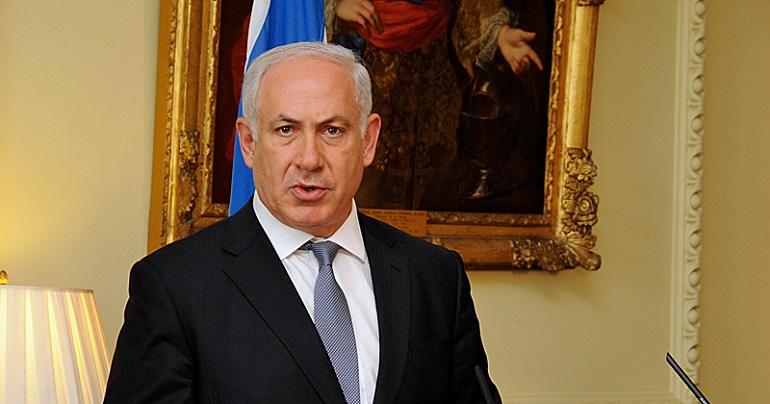
Leave a Reply